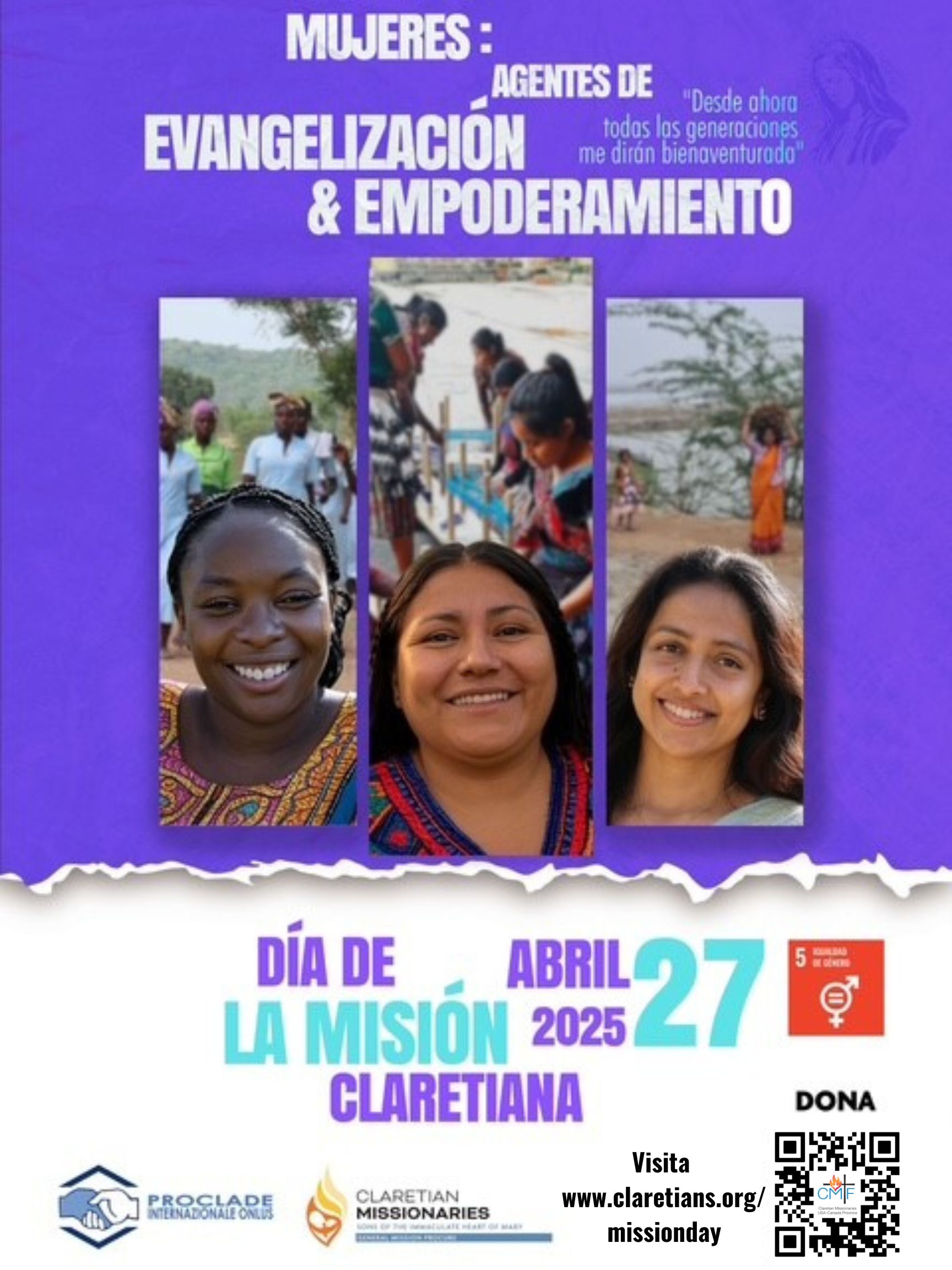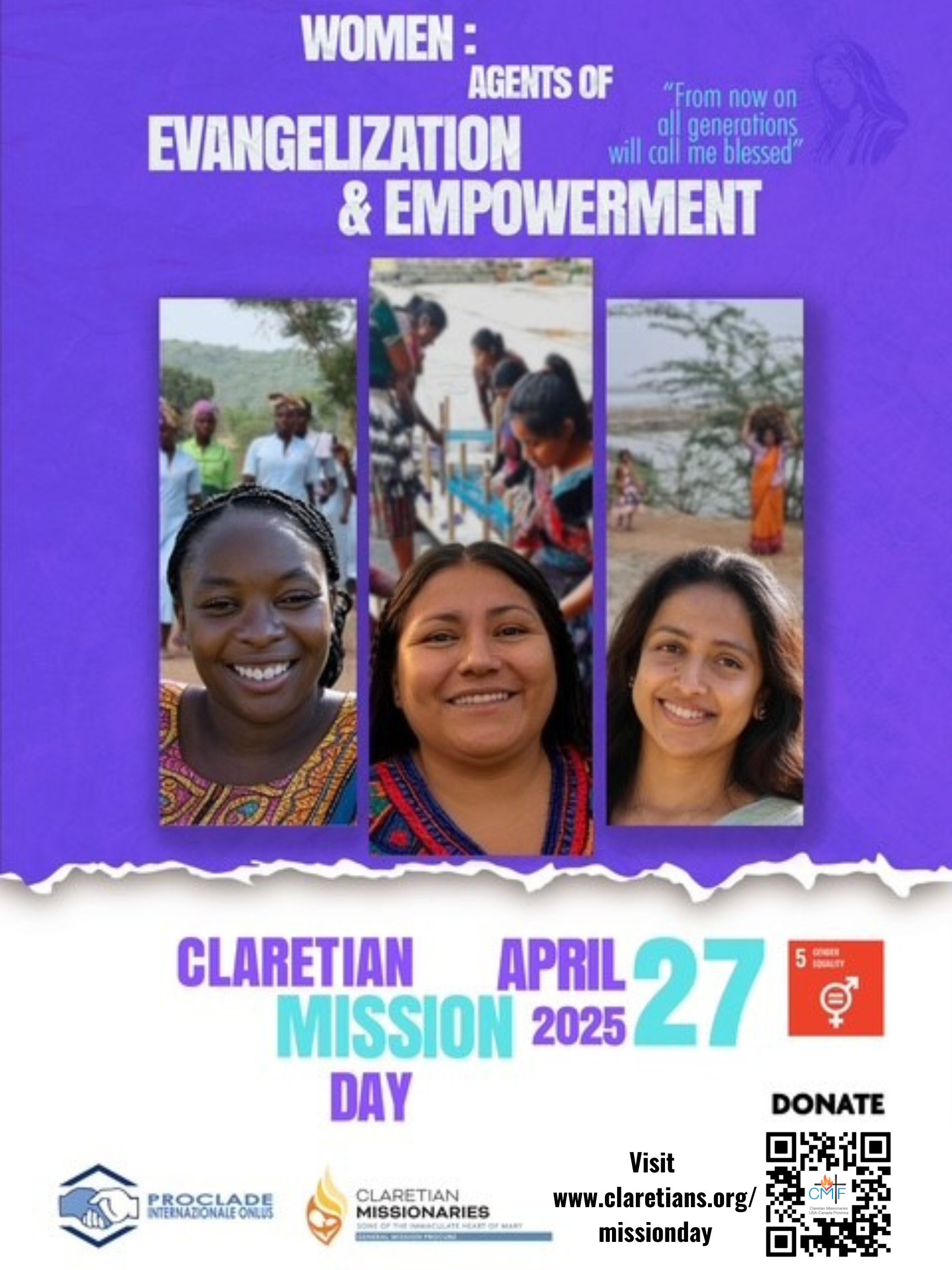As demonstrated by Cardinal Juan Sandoval Iniguez, archbishop of Guadalajara, who accused the members of the Mexican Supreme Court of accepting bribes after it upheld Mexico City's law permitting same-sex marriage and adoption by same-sex couples. Iniguez topped off his accusation with a denunciation of the adoptions, in which he used a Spanish epithet for gay men: "Would you want to be adopted by a pair of fa**ots or lesbians?" he asked, according ot the L.A. Times. The Mexican Supreme Court unanimously censured the cardinal for his accusations of corruption.
Iniguez response is a cautionary tale for Catholic bishops and other leaders in the U.S. who will be opposing Judge Vaughn Walker's overturning of Califormia's Proposition 8 in the courts. In arguing for the restriction of civil marriage to heterosexuals, Catholics can't be seen to be against gay people, much less homophobic, as I think Iniguez's statement arguably is.
Indeed, the Catholic side of this debate must tread carefully, for several reasons. First, there are many gay and lesbian people in the church, called by God into it through their baptism. Catholic conversation about homosexuality must always keep in mind that we are talking about members of the body of Christ here.
Second, there are more and more Catholic families with openly gay and lesbian children, many of whom are grown and have partners and families of their own. The blood of family being thicker than the waters of baptism, the participants in the Catholic debate about gay marriage must recognize that many Catholic parents long ago accepted the sexuality of their gay children, have come to love their partners, and treasure the grandchildren they have through them. Already in California, a recent poll has shown that Latino Catholics are now the religious group most in support of gay marriage at 57 percent. That's the family dynamic at work.
I foresee difficult times ahead on this issue. With dueling press releases most often dominating the debate, I fear the first casualty will be charity, evidence of which is clear in the Mexico case.








